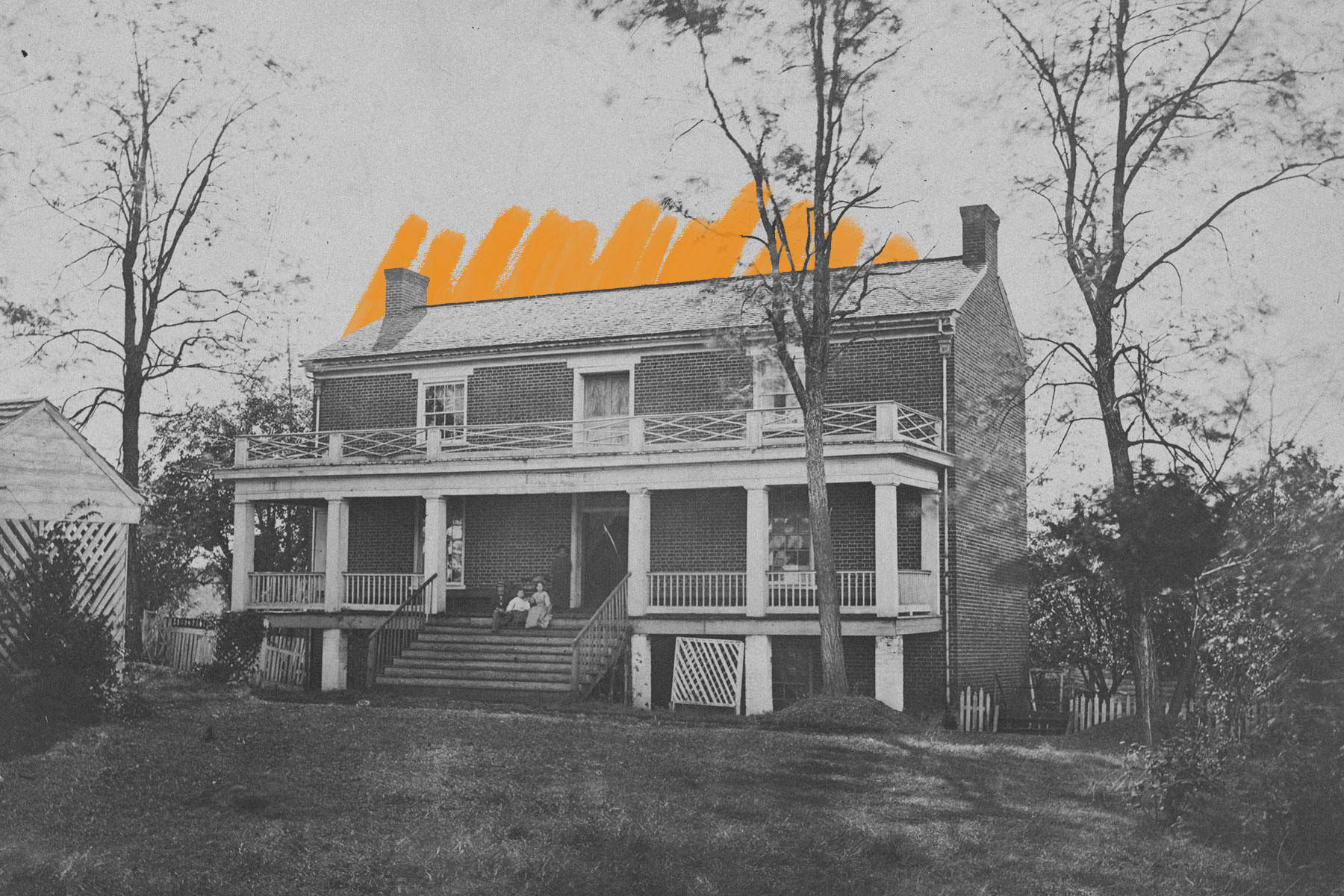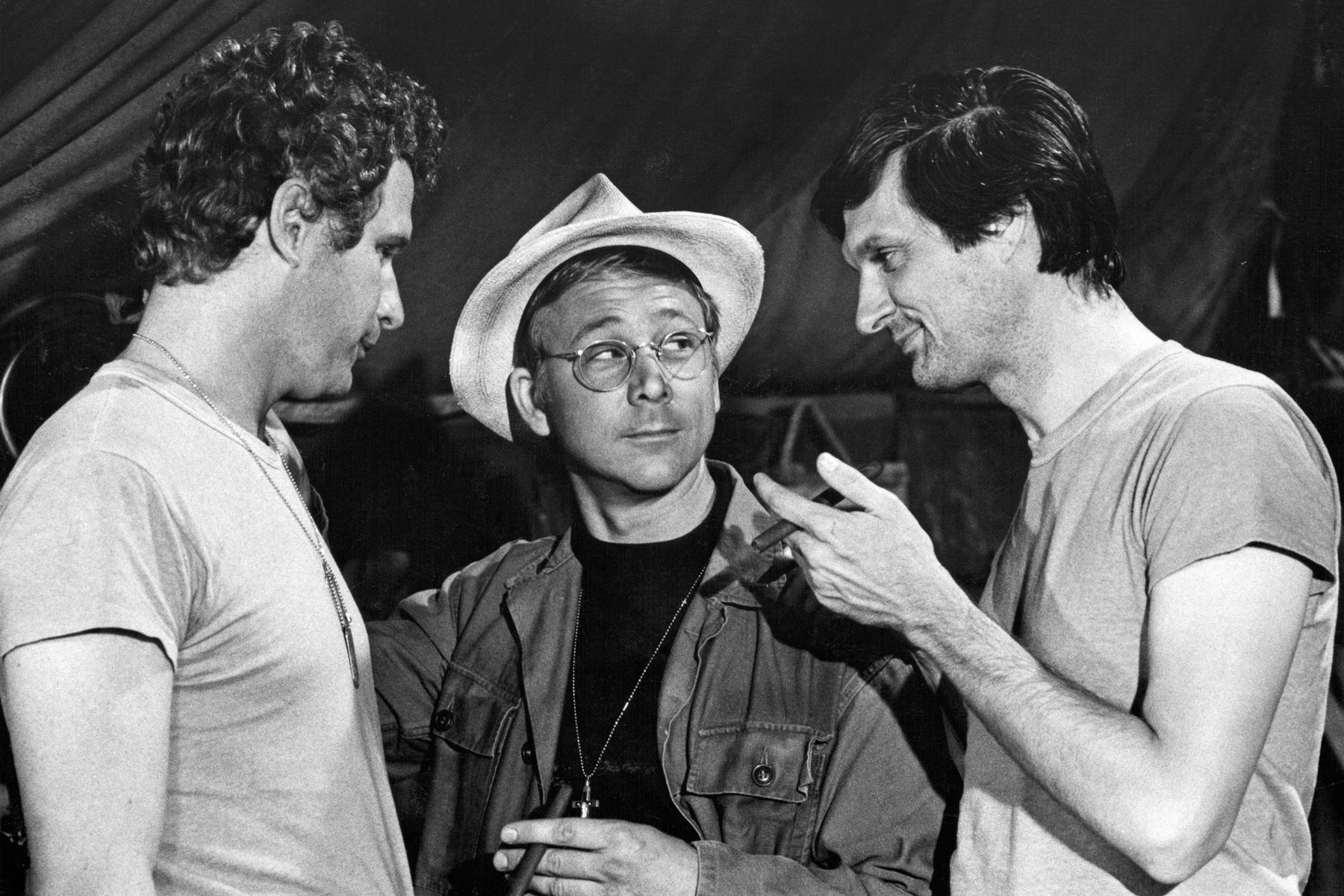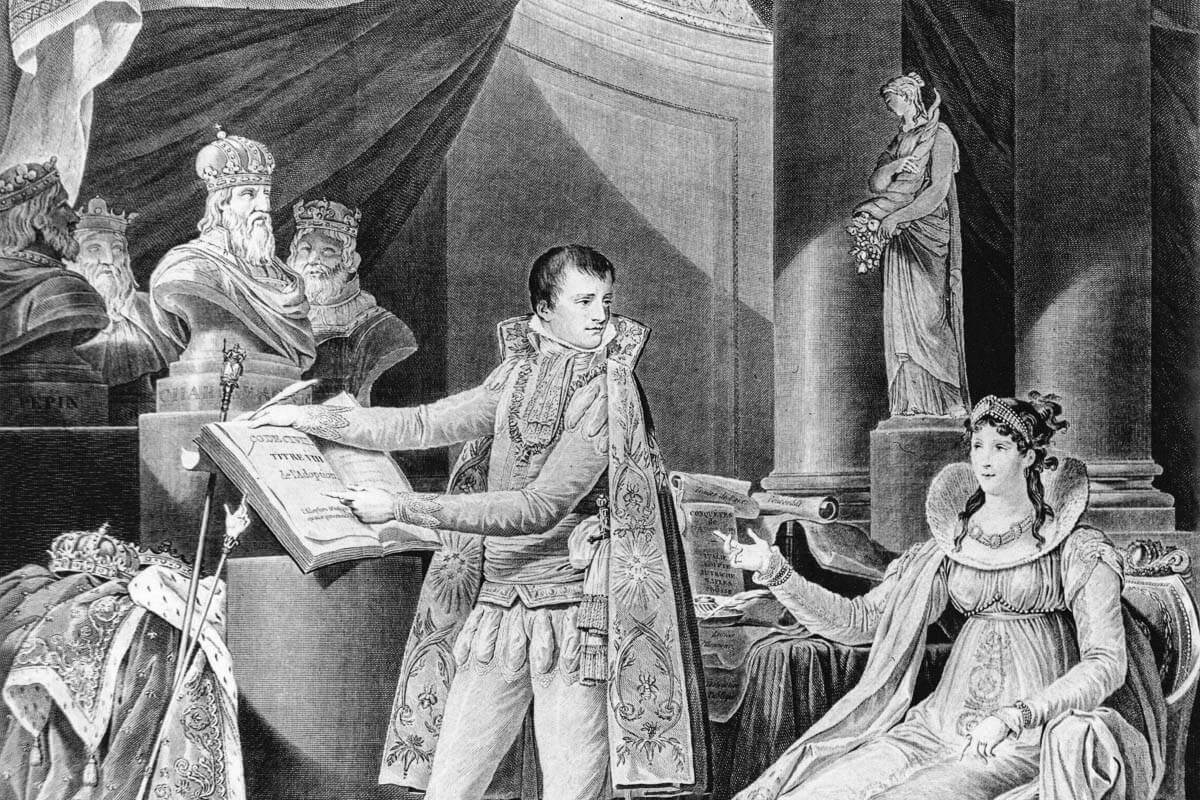 |
The Civil War started and ended on the same person's property. |
U.S. History |
 |
| |
| As fate would have it, by 1863, the McLeans were reestablished in a small village called Appomattox Court House in southern Virginia. On April 9, 1865, the couple received a knock on their door. It was Charles Marshall, the aide to Confederate General Robert E. Lee, asking for a secure meeting location for the general. McLean showed Marshall surrounding properties, but none was as suitable as his own home, which he eventually volunteered. Later that day, Lee arrived at the McLean house, followed by Union General Ulysses S. Grant. It was at this meeting in the parlor that Lee formally surrendered to Grant, signaling the end of the American Civil War. | |
 | |
 | |||||||||
By the Numbers | |||||||||
| |||||||||
| |||||||||
 | |||||||||
| |||||||||
The "S" in Ulysses S. Grant's name has no meaning. | |||||||||
| Ulysses S. Grant was born Hiram Ulysses Grant on April 27, 1822, though as a child he often went by his middle name, Ulysses. In 1839, he applied to the United States Military Academy at West Point, and the benefactor who oversaw the application, Ohio Congressman Thomas Hamer, mistakenly wrote "Ulysses S. Grant" on the document, apparently taking the initial from Grant's mother's maiden name, Simpson, though Simpson was never Grant's middle name. In fact, the erroneous "S" in Grant's name doesn't stand for anything, and Hiram, his real first name, was completely dropped — yet the name stuck. Grant's attempts to correct the error were curbed by delays and more paperwork, so he eventually accepted his new moniker. In an 1844 letter to his future wife, Julia Dent, Grant quipped, "Find some name beginning with 'S' for me." | |||||||||
 | |||
Recommended Reading | |||
 | |||
| | |||
 | |||
| | |||
| + Load more | |||
| |||
| |||||||||
| Copyright © 2023 History Facts. All rights reserved. | |||||||||
| 700 N Colorado Blvd, #513, Denver, CO 80206 | |||||||||
|





No comments:
Post a Comment